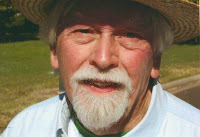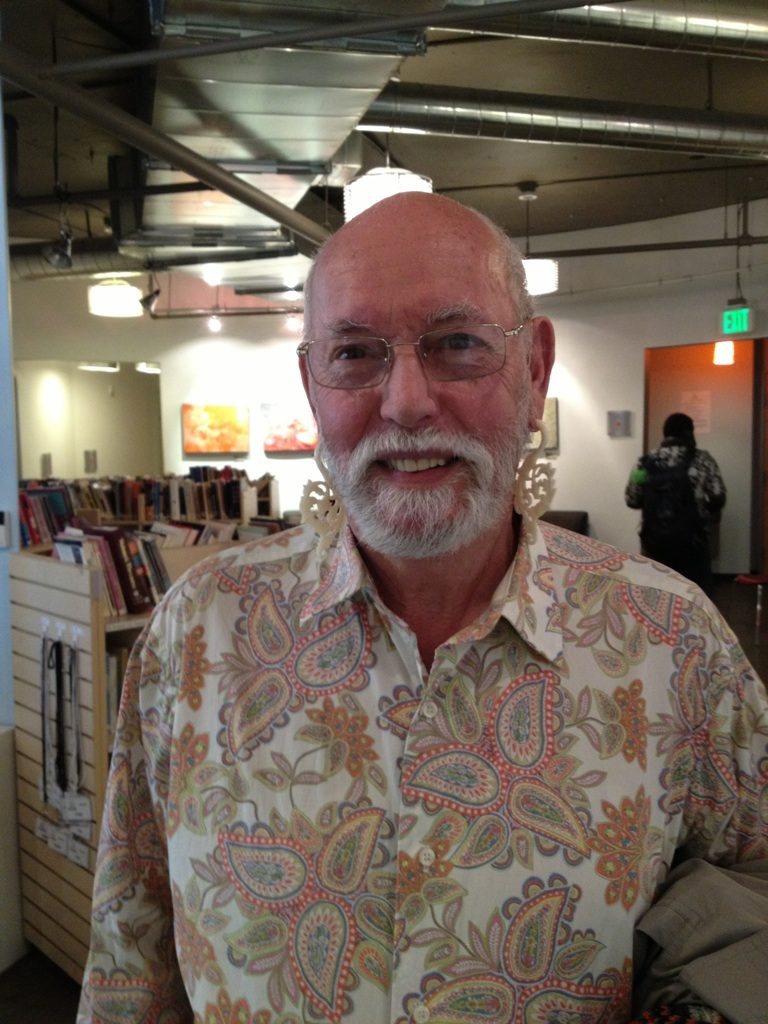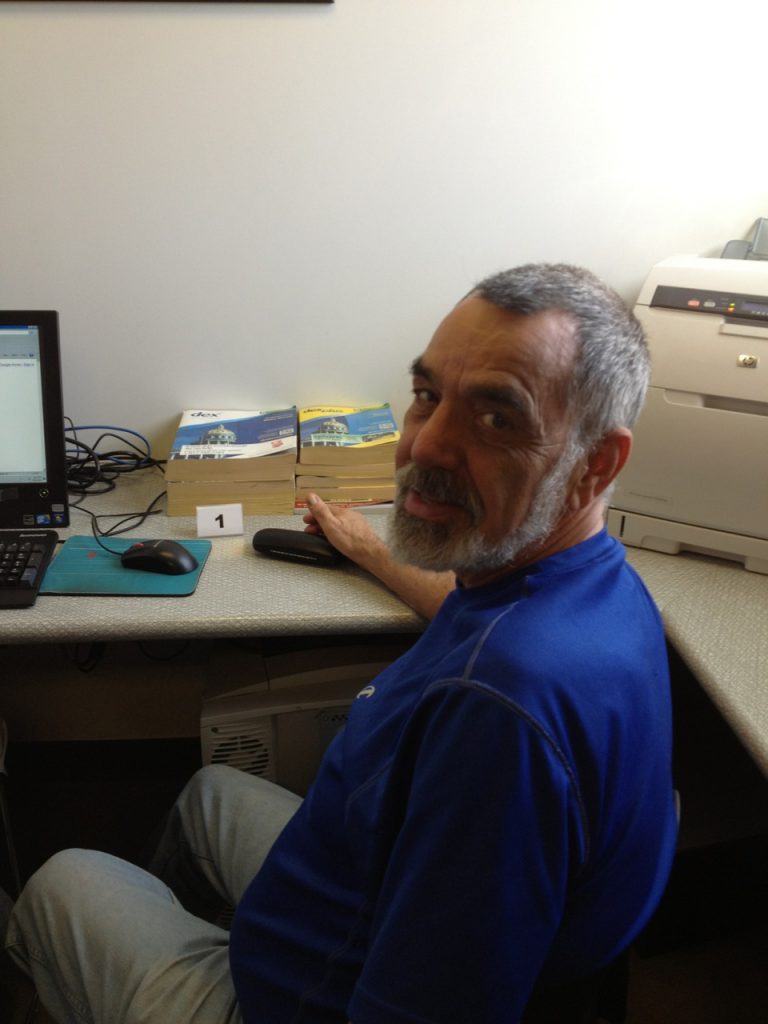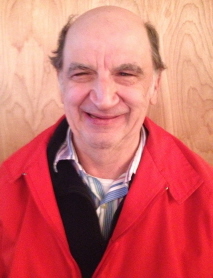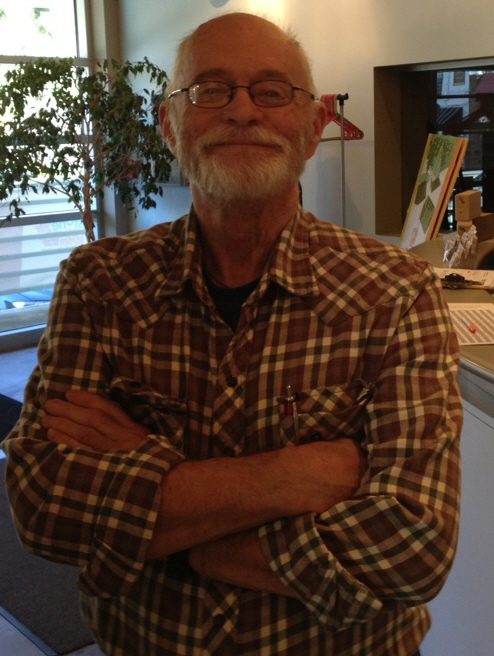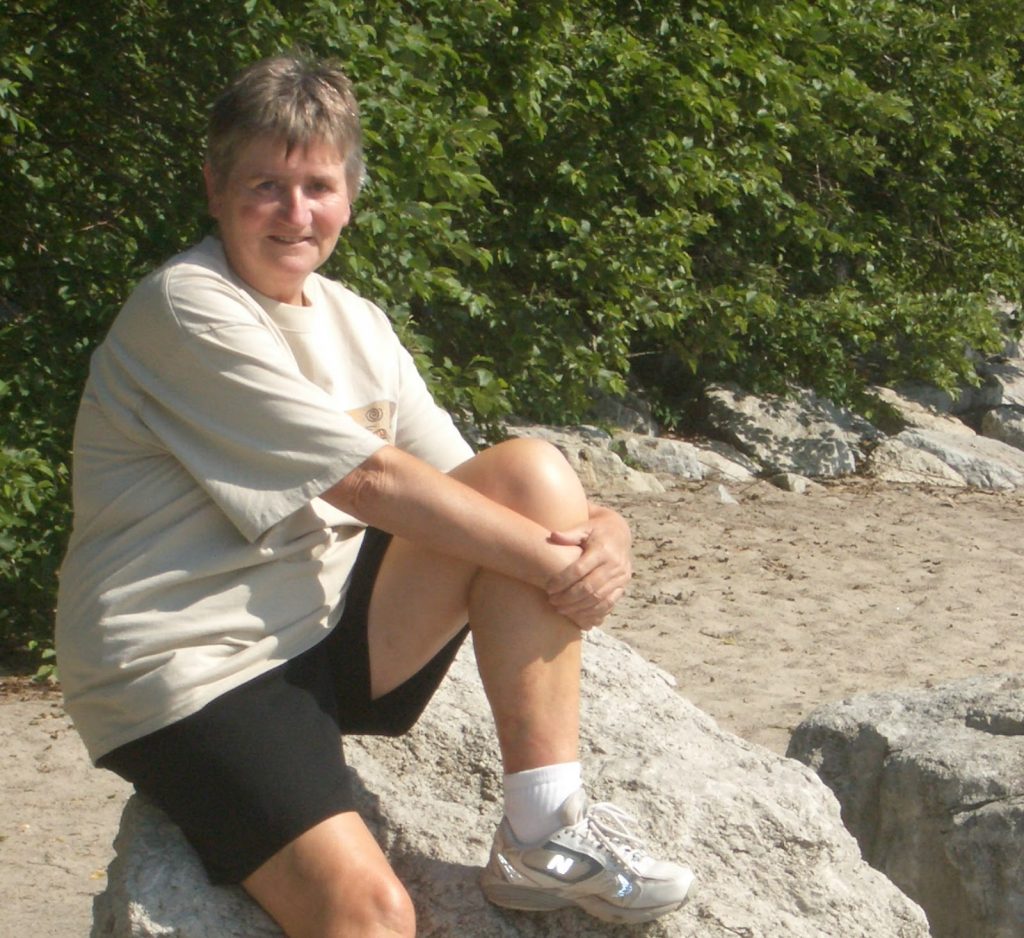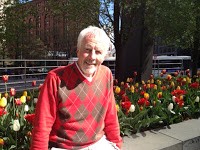Just before leaving home, for the fun of it, I checked the temperature in Elsinore, Denmark. The castle in Elsinore, you recall, was Hamlet’s stamping ground. Well, at 1 PM our time, or 9 PM Denmark time, the temperature in the courtyard of Hamlet’s old castle was 9 degrees Celsius, or a comfortable 48 degrees Fahrenheit. That’s about right for a Danish evening in June. Which makes me wonder if Hamlet ever had to put up with a string of super hot days like we’re having here in Denver.
Yet it was Hamlet who said, ” . . . there is nothing either good or bad, but thinking makes it so.”
I grew up in the Land of Ouch! I grew up in the Land of Ouch! and it has made me the man I am today, for better or worse. My mother and father were perpetual sufferers. They lived afflicted by demons, imagined, or if not imagined, then at least fed and made fat by my parents everyday fears. Now, before I say another deprecating word about my parents, let me say that I’m now old enough to once again respect and love them. I’m old enough to have made it through those long middle years when it’s common and, in fact, expected to loathe one’s parents. I see them now as the long-suffering strivers they were.
But long-suffering is the operant phrase. Long-suffer they did, and cry Ouch! at the most unexpected of times and at the most inconsequential of bad moments. As a kid growing up around my mother and father, I grew conditioned to vaulting from my room at all hours at the sound of Ouch! Or Damn! Or This is killing me! What I’d find arriving at the ambush site, time after time, was my mother or my father looking helplessly at a dropped slice of toast, or a slightly larger-than-usual phone bill, or a tabloid story of a crime wave happening a hundred miles away. I continued my Pavlovian response to my parents’ homicidal demons until my breakaway moment when, at 21, I allowed myself to be drawn, pretend-kicking, into the Army.
What, you have every right to ask, does all this have to do with weather? I’ll admit there’s some connecting called for here. To do that, I have to introduce what I call the Curmudgeon’s Bill of Rights . . .
The Curmudgeon’s Bill of Rights is a catalogue of entitlements earned when someone has lived at least three score years. You can tell if someone is invoking his Curmudgeon rights when he (or she) starts by saying, “When I was growing up, people didn’t [fill in the blank],” or “You’ll find out when you’re my age that [fill in the blank],” or “People today have no respect for [fill in the blank],” or some other clue of curmudgeondom.
But so far, you’re thinking, you’ve only told us about the weather in Denmark. True, but I’m getting close.
There’s yet another right, available to curmudgeons but rarely invoked–Clause 11.4–and that is to debunk anything said under the Curmudgeon Bill of Rights. Or, for that matter, to debunk anything said by anybody, no matter his or her age–any Ouch! or Damn! or This is killing me! said under the First Amendment.
Confession time: I subscribed to Clause 11.4–the debunking the debunking clause–of the Curmudgeon Bill of Rights long before I was eligible–soon after I left home, in fact, eager to escape the Land of Perpetual Complaining I’d grown up in.
And now, the long-awaited convergence: weather, with everything else . . .
I am tired of hearing people complain about the weather. Now, I’m not talking about people who are genuinely suffering, ill, or living in really stuffy, airless houses. No, their misery is real. I’m talking about 90% of the people I meet every day, my friends and neighbors, who seem to take perverse pleasure in kvetching endlessly about the heat. When I hear from these people–“Oh, this heat is killing me,” or “I’ve never been so miserable,” or “When will this hot weather end?”–all I hear, from my childhood, is Ouch! or Damn! After all, none of my friends or neighbors–ages young to curmudgeon–is hammering up plywood sheets against a Katrina or praying Godspeed! for a fishing crew lost in a Perfect Storm. For my reasonably healthy friends and neighbors it is merely hot. Stinking hot, yes, I’ll admit, it is stinking hot. But, for these reasonably healthy people, it’s not lethally hot. Or toxically hot. Or death-dealingly hot. For my friends and neighbors who, for the most part, go from one air-conditioned bubble to another, only occasionally sampling the real world, these temps in the 90’s and low 100’s are hardly going to make the black camel kneel down. They’ll survive this, my pampered friends and neighbors, to kvetch–a very few months from now–about the winter: “This cold is killing me!” or “I hate the ice!” or “Don’t we have enough snow already?”
I began by saying that growing up in the Land of Ouch! made me the man I am today. My impatience with the hale & hearty and their relentless complaining about the hot weather is neither right nor wrong. It’s just how it is. And who I am. It’s me invoking Clause 11.4: my debunking the debunker’s right.
Now, some of you are probably ready to hit me with That’s easy for you to say! In my defense, I’ll admit I feel this heat as much as any of you. I walk most everywhere. I drive with the air-conditioner off. I live in an un-air-conditioned house which, now that I’m retired, I’m in 24/7.
Okay, I’m done kvetching about spoiled kevetchers. I’ll back off my molly-coddled friends and neighbor and let them get back to complaining about the weather and everything else that simply is.
I do, though, apologize to anyone here who might be ticked off by my rant against Ouch! What I would do, if I’ve ticked off anyone, is encourage you to say To hell! with what I’ve said–which is your right–if you’re old enough–under the Curmudgeon’s Bill of Rights: another rarely invoked clause (Clause 17.7): to say To hell! with even my self-righteous complaining, otherwise known as the debunking of the debunking of the debunking clause.
Remember Hamlet, the guy who said, ” . . . there is nothing either good or bad, but thinking makes it so”?
Well, I’m realistic enough to think even Hamlet, after a few weeks of temps in the 90’s and low 100’s, in his starched ruff, brocade doublet, and wool pumpkin pants, would have said, “All the thinking in the world won’t help, not when it’s this freakin’ hot!”
© 9 August 2012
About the Author
Colin Dale couldn’t be happier to be involved again at the Center. Nearly three decades ago, Colin was both a volunteer and board member with the old Gay and Lesbian Community Center. Then and since he has been an actor and director in Colorado regional theatre. Old enough to report his many stage roles as “countless,” Colin lists among his favorite Sir Bonington in The Doctor’s Dilemma at Germinal Stage, George in Who’s Afraid of Virginia Woolf? and Colonel Kincaid in The Oldest Living Graduate, both at RiverTree Theatre, Ralph Nickleby in The Life and Adventures of Nicholas Nickleby with Compass Theatre, and most recently, Grandfather in Ragtime at the Arvada Center. For the past 17 years, Colin worked as an actor and administrator with Boulder’s Colorado Shakespeare Festival. Largely retired from acting, Colin has shifted his creative energies to writing–plays, travel, and memoir.
